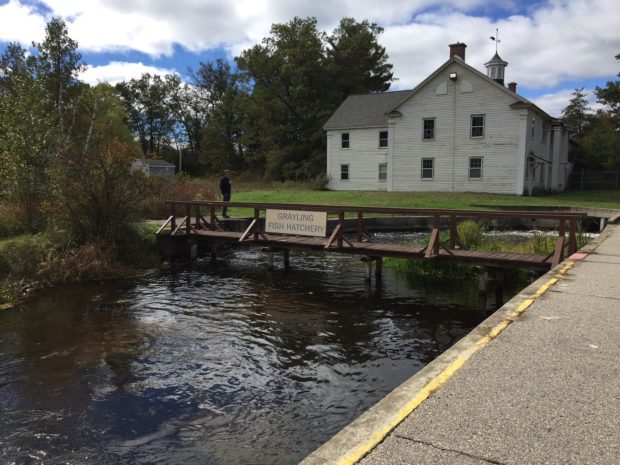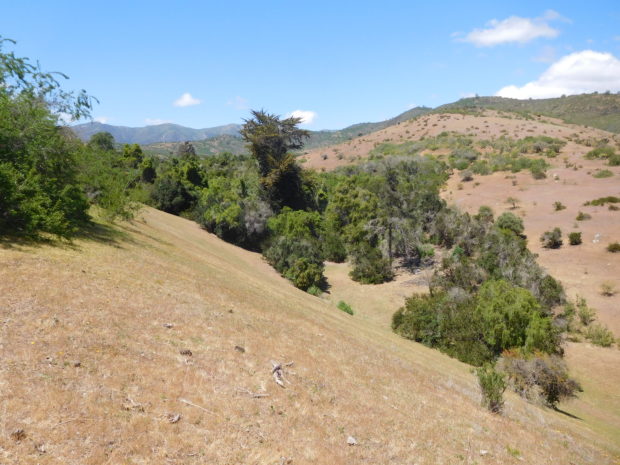
A leafy forest covers parts of Chile’s Hualpén Peninsula. Image: German Poo-Caamaño via Flikr
By Fabián Barría
Sea, cliffs and forest. That’s the natural landscape that tourists enjoy when they visit the Hualpén Peninsula, a nature sanctuary in the central-south of Chile and that shelters dozens of endemic species. Experts warn that the place could be irreparably damaged if a real estate project is approved in the middle of it.


